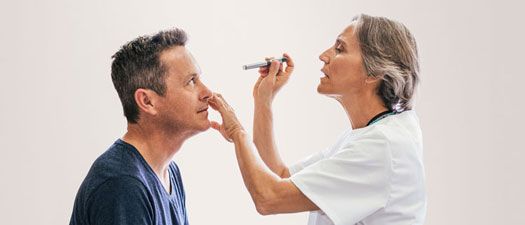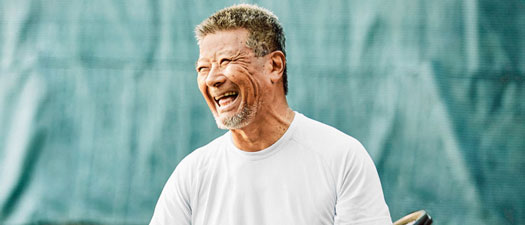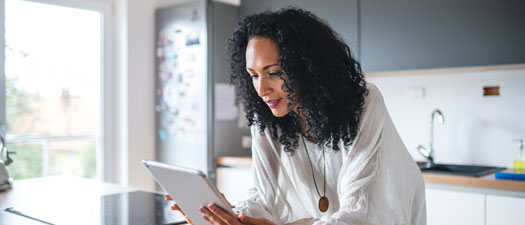Notice
- Online appointment scheduling is no longer available. Please call your clinic directly to book an appointment.
- Medical information release from a USMD imaging center click here.
We put patients first
Primary care
Preventive health care for a healthier you.
MyHealthLightNow
We offer virtual video visits.
Senior care
We help older adults get the right care, at the right time and in the right place.
Welcome to USMD. Here, we offer a different kind of health care. One that focuses on you, the patient. Your health care team works together to tailor care to your needs. This helps you live independently healthy so you can keep doing the things you love.
We serve the northern Texas area with more than 250 doctors, physician assistants and nurse practitioners.
Our doctors know how important it is to be there for you whenever and wherever you need them. Whether that is in the office or through virtual care, we want to make a difference in your health care.
USMD is part of Optum. We help make health care work better for everyone and inspire people to live healthier lives.



